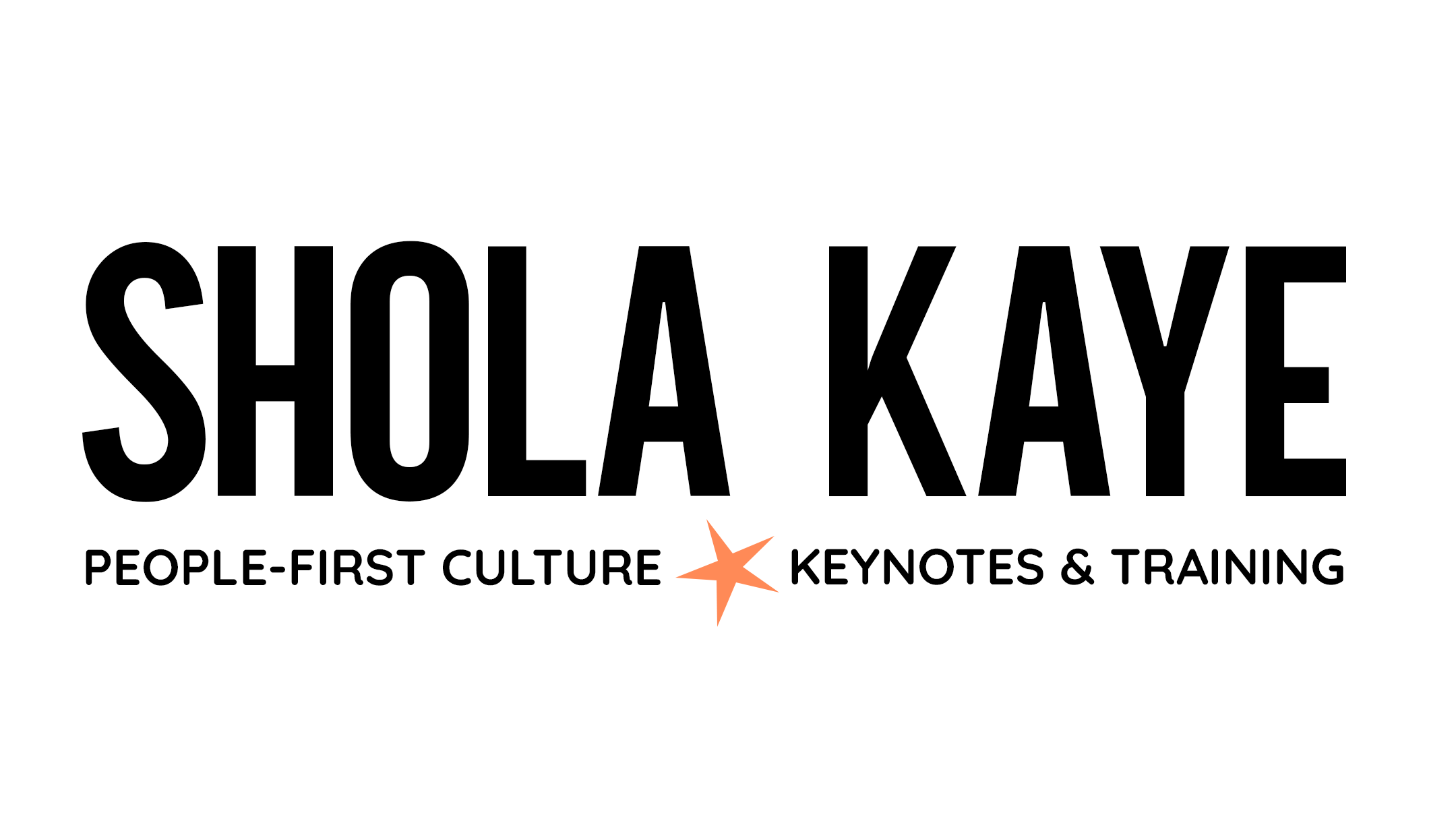How Can We Help?
Search for answers or browse our knowledge base.
How To Become An Empathetic Listener And Improve Communication Skills
Are you looking to improve your communication skills and foster better understanding with others? Empathetic listening might be the answer you’re looking for. In this clip, Shola Kaye explores the importance of empathetic listening to create more understanding and pave the way for stronger workplace relationships, and professional growth.
Transcript – How To Become An Empathetic Listener And Improve Communication Skills
So what do we need to do if we want to be empathetic listeners?
So here’s a bit more of what not to do. So first of all, if somebody comes to you and they’re looking for a bit of empathy, it’s not time to debate “Are you sure you feel that way? Let’s debate.” It’s not time for that. It’s also about not challenging them. And I’m not saying you never ever challenge somebody, but initially you’re wanting to listen. You want to be supportive, so you’re not challenging them immediately. Also not contradicting them, not assuming and saying “Oh not now, I know where you’re going with this conversation.” And it’s not about trying to diagnose their problem. It’s actually just about sitting back and listening and letting them have their lived experience.
Now, people often say “Shola, but what if I disagree? I have to push back.” Okay, empathy doesn’t mean you have to agree with them, but that may not be the moment to tell them you think that they’re wrong or that you don’t agree with what they’re saying. That’s empathetic listening.
And here are some examples of things you can say to people. “Wow, that’s tough. How do you feel about it?” Or “That’s interesting, what makes you think that?” Now, if you like to push back on people and you disagree frequently with what someone says, this is a good one “What makes you think that?” So there’s curiosity there, rather than “Oh, I disagree, that’s wrong.” Or “Have you been in that situation before? What do you plan to do?” Versus “all that happened to me last week, this is what I did.”
Now not to say if they say to you, hey, I’d love a few tips, or I’d love some advice, or “Oh, have you experienced that? Can you tell me what you did?” Nothing wrong with that. But all too often we leap in to give our own two pence worth before we’ve even listened properly to what that person has to say.
Hi, I’m Shola and I help you create a people-first culture. My work sits at the intersection of Inclusion, Communication & Emotional Intelligence.
My keynote talks and workshops help your leaders and employees create high-performing work environments where people feel a sense of belonging and psychological safety. Sessions are high energy, interactive, and every participant walks away with at least one practical framework for connecting and collaborating more effectively.
Sound good to you? Please reach out and let’s discuss your next event! 🙂🎤✨
